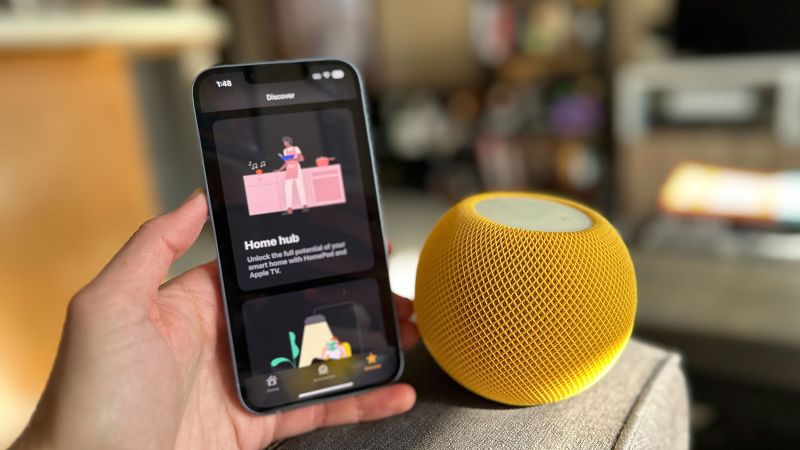Source: Daniel Bader / Android Central
The new Matter connectivity standard, a joint brilliant home initiative involving some of the biggest tech companies, has hit a snag. According to a press release from Tobin Richardson, president & CEO of the Connectivity Standard Alliance (CSA), the bar is facing a delay. The original timeline aimed for the first Matter devices to be certified by the end of 2021, but that has been pushed back to 2022.
The new connectivity standard is set to replace the existing and disparate standards with one solution used by current and future intelligent home products. This will make it easier for consumers to buy items like the best smart light bulbs without worrying whether or not they will work with their smart home ecosystem.
VPN Deals: Lifetime license for $16, monthly plans at $1 & more
Google has already announced compatibility for some of its products, like the Nest Hub (2nd Gen), and other companies have also committed to updating their products to support the new standard.
Richardson says the delay is so that the Matter Working Group can “get it right” with additional specification development and other tools before release.
Together with our members, we’ve updated these go-to-market plans to ensure the Matter specification, certification, and testing tools, and the SDK is stable, deployable at scale, and meets market expectations for quality and interoperability.

Richardson also mentions that more members continue to be added to the group. He cites nearly 90 participants from over 40 companies, with a “40 percent increase in the number of commits” to the open-source SDK alone in the past three months. That said, it’s not surprising that there would be delays.
The CSA and Matter Working Group, which consists of tech companies like Google, Apple, Amazon, and more, have provided a reasonably vague timeline and now expect the SDK and first device certifications to occur in the “first half of 2022.” Since the first devices may not hit the market until after those certifications are completed, we may not see these products until the second half of 2022. We’ve contacted the CSA for more details on what we can expect following this delay.
For now, we’ll have to deal with our intelligent home frustrations for a little longer.
Soli sleep tracking
Nest Hub (2nd Gen)
It sees you when you’re sleeping
The new Nest Hub gets some valuable upgrades from its predecessor, including the new Soli sleep tracking feature that uses radar to tell you how restful your sleep was based on environmental factors. The new Nest Hub is practically future-proof thanks to its support for the new Matter protocols.
